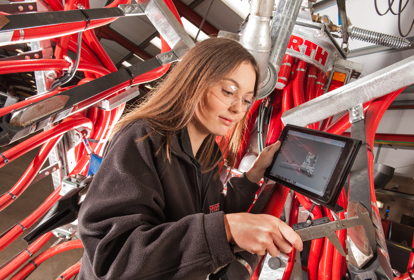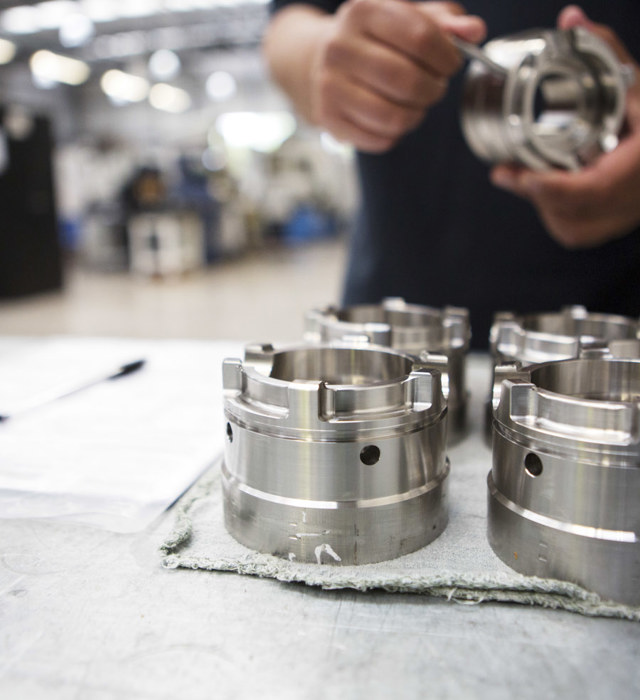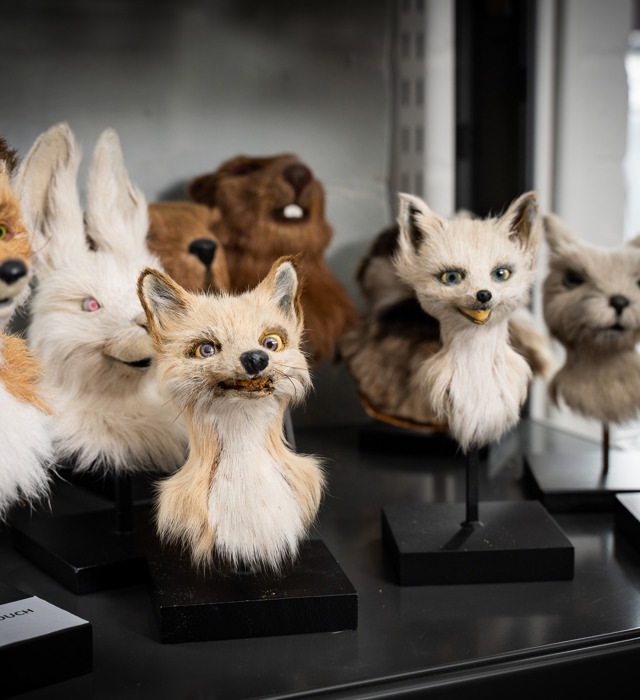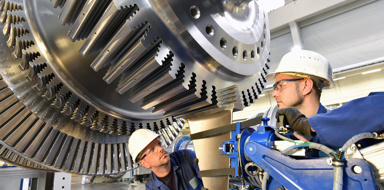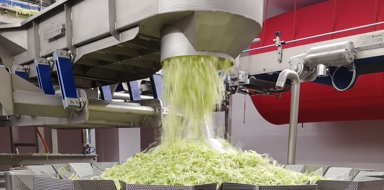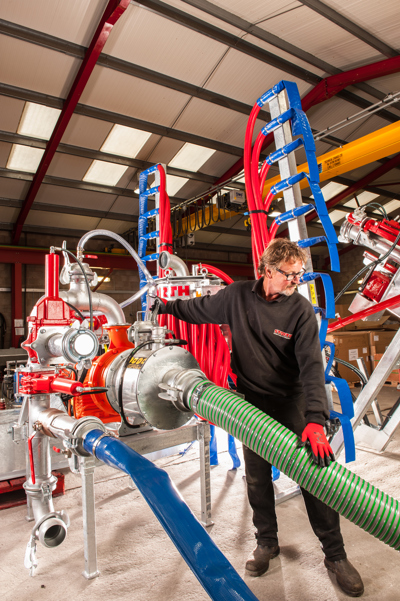
An agricultural machine manufacturer has transformed its production process using automation and robotics with the support of Made Smarter.
Storth, based in Holme, makes machinery for slurry management which is sold to farmers all over the world.
The business sought help from Made Smarter and created a digital transformation strategy, mapping out a roadmap of key challenges and solutions.
It resulted in two projects: a robotic welder which had a profound impact on productivity, upskilling staff and unlocking R&D opportunities; and an automatic cutting machine, which, when installed, will enable lights-out manufacturing for the first time.
Most importantly, the investment has shown the business the potential impacts of technology and the future direction of travel.
Case Study - Storth Engineering RevisitAdopting robotics and automation machinery has transformed production, but we are still some way off exploring how technology can integrate with other areas of the business and kick-start a cultural shift in our company.
Julian Lopez, Export Manager
Made Smarter’s workshop process was game-changing for Storth. It exposed a multitude of inefficiencies, old-fashioned ways of working but gave the business a strategic approach to adopting technology.
It also highlighted the potential to use automation to overcome historic production delays brought about by the lack of skilled welders, a situation amplified by staffing shortages during the Covid-19 pandemic.
In early 2020, Storth invested in a UR10 robot welder, a six-axis programmable cobot system with the capacity to perform live simulation of welds.
The instant impact of the technology inspired the company to invest in three other production projects.
The first was another more advanced robot welder, the Olympus UR Welding System with EWM Phoenix 355, which was installed on a rail which gave a reach of up to 11m.
The second was a new laser cutter to support its decision to bring most of its production in-house from sub-contractors.
The third, a second project supported by Made Smarter and due for delivery this summer, will automate its existing bandsaw to cut multiple profiles and enable unsupervised cutting during the night.
The first robotic solution helped Storth maintain production during the pandemic and enabled it to work across two tables, producing scraper parts two and half times quicker than it would have taken two full-time human welders.
It also increased capacity, reduced errors and waste, and gave the business new data to price products more accurately.
It was also the proof point for Storth to bolster its robotics investment in 2021.
Julian Lopez, Export Manager, said: “While the robot welder was transformational in terms of productivity, there was downtime when we had to programme it. We saw the opportunity to optimise that new production method and we brought in another robot with more capability.”
With a rail, the second robot can now operate twice as many tables as its counterpart and take on more complex components.
It means the robot welders can now produce up to 80% of all the parts required for its scrapers.
Julian said: “By having two robotics, one can be used to test out ideas and ensure the programming is accurate before letting the other get on with the work. So not only have we been able to increase productivity, improve quality, but also accelerate research and development to explore new uses for the technology.”
The technology has had a positive impact on the workforce. Two welders have been redeployed from repetitive jobs to more complex, high value tasks. Meanwhile, one welder has been upskilled to head of programming, managing both machines. The investment has opened up opportunities for lower skilled staff in the warehouse to move into production to learn to operate the machines.
The cumulative outcome of Storth’s technology adoption is a 20% boost to productivity, which is only set to increase when its automated cutter arrives.
Storth’s digital roadmap has identified potential areas for improvement in sales, systems, resource and production planning. But for now, the business is still focused on solving its skills challenges.
“The challenges that we faced three years ago are still the same in terms of getting and retaining qualified welders. These skills are in high demand so experienced welders are demanding better pay. This makes for a competitive recruitment environment.
“It means our priorities are to explore solutions to maintain our quality and short lead times.
“Adopting robotics and automation machinery has transformed production, but we are still some way off exploring how technology can integrate with other areas of the business and kick-start a cultural shift in our company. But the bottom line is that thanks to Made Smarter we have made a start, which is always the hardest part.”


